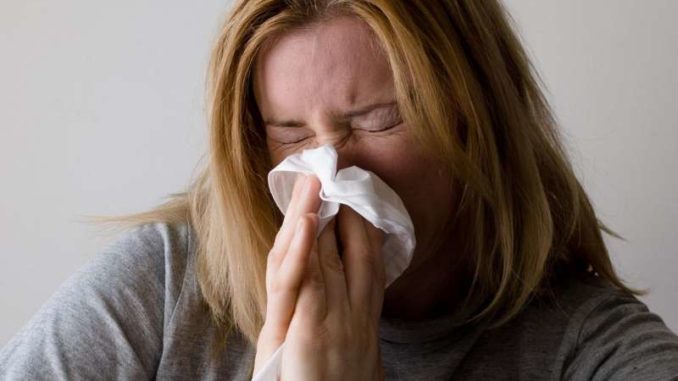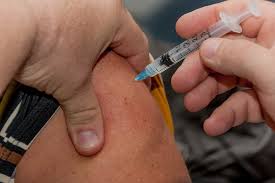
by: Farhnaz Fazli
It’s that time of the year. Cough, colds and worse of all, the flu. This year circulating viruses have changed and the vaccines have been updated. So far there have been 41 confirmed cases in Ontario.
There are four influenza types: letters A through D but only A and B cause seasonal epidemics.
The new influenza is called A/(H3N2) with a changed B/Victoria component.

To get protected from the flu it’s important to get your shot. It takes two weeks after the vaccination to activate the antibodies. Health officials say it’s still not too late to get your shot.
Seneca students can get at the Seneca Health Centre at Newnham campus. Some other places to get vaccinated include participating pharmacies like Shoppers Drug Mart or at the doctor’s office.
The WHO recommends the Northern Hemisphere’s quadrivalent (four-strain) vaccines covering two A strains and two B strains. There’s also a high-dose vaccine called “Fluzone HighDose”, which protects against 3 strains of flu virus, but in greater doses.
The high dose is recommended for those at over the age of 65 as this age group is at high risk for complications from flu symptoms.
Some other groups at risk include those with compromised or developing immune systems such as babies under 6 months, children under 5 years, pregnant women, and those with underlying health conditions.
What does it feel like to have the flu?
Awful. Some symptoms of the flu include but not limited to fever, chills, cough, runny nose, stuffy nose and muscle aches which may sound similar to having a cold. Though there are differences in the severity of these symptoms (see chart)

Ministry of Health and Long-Term Care (ONTARIO )
Each year in Canada, it is estimated that influenza causes approximately: 12,200 hospitalizations and 3,500 deaths (Public Health Canada).
But despite these numbers, only 38 percent of adults were vaccinated last year according to the Public Health agency.
In a survey conducted by the research firm Leger, most respondents said they didn’t get the shot because they didn’t think they needed one, or they believe it doesn’t work.
If you’re still skeptical of getting the shot, there are some other things you can do to avoid getting or spreading the virus.
Washing your hands often, covering your mouth when you cough or sneeze, avoid touching your face, staying at home when you’re sick and cleaning surfaces of items are just some of the ways.
But of course the best protection is to get vaccinated.

Be the first to comment